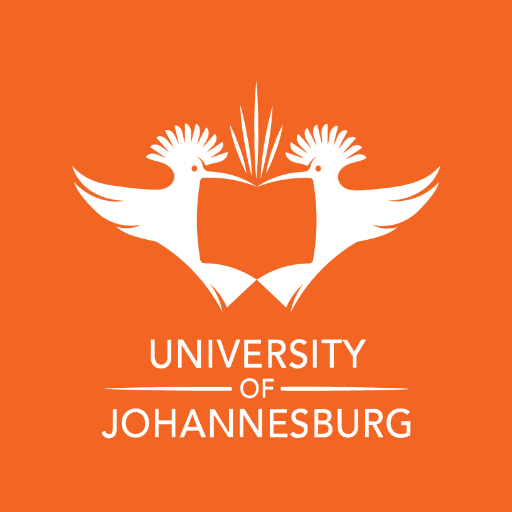Staff Members
Home »
Professor | 4IR
Name: Twinomurinzi Hossana
Location: D Blue 3 Bunting Road Campus
Department of Applied Information Systems Staff Staff Members
Contact Details:
Tel: +27 (0) 11 559 1506
Email: hossanat@uj.ac.za
About Prof Twinomurinzi Hossana
Hossana Twinomurinzi BSc Hons (Mathematics), Masters (IT), PhD (IT) is a C2 South Africa NRF Rated Researcher and Professor with the Department of Applied Information Systems, University of Johannesburg where he is leading the data science efforts in the College of Business and Economics. He is currently an Associate Editor for the African Journal of Information and Communication. He has previously served as Director for the NEMISA Digital Skills Research Unit, Associate Editor at the African Journal of Information Systems, Chairperson for the ICT4D Flagship at Unisa, and Secretary for SAICSIT. His primary research interests are in Applied Data Science, Digital Skills, Digital Government, Digital Innovation and ICT for development. He has supervised several Masters and Doctoral students in the areas of data analytics, digital government and ICT for development. He has extensive executive and management experience in the IT sector.
Postgraduate supervision:
My current research topic is titled “Predictive Modeling of the Future of Work in Africa”. Over the past decades, computers and the associated artificial intelligence have substituted for a number of jobs. While nineteenth-century manufacturing technologies largely substituted for skilled labour through the simplification of tasks, the 4IR has caused a hollowing-out of middle-income jobs. There is not much research around predictively modeling the impact of the 4IR on the future of work in developing countries nor in Africa considering the unique social and economic contexts. The purpose of this research is to apply data science tools, including machine learning, to answer questions relating to the future of work in Africa by the economic sector and to make recommendations about what should be done. One of the outcomes is to create predictive models for existing and future skills which models can predict which skills will soon be outdated and which skills should soon be coming in.
For a full profile click here.
Click here to view full Google Scholar Profile.
